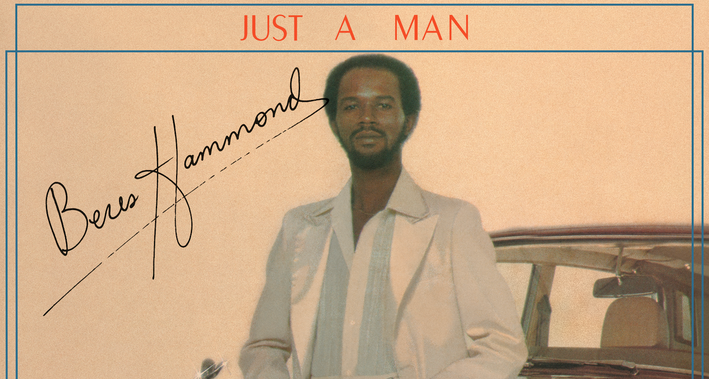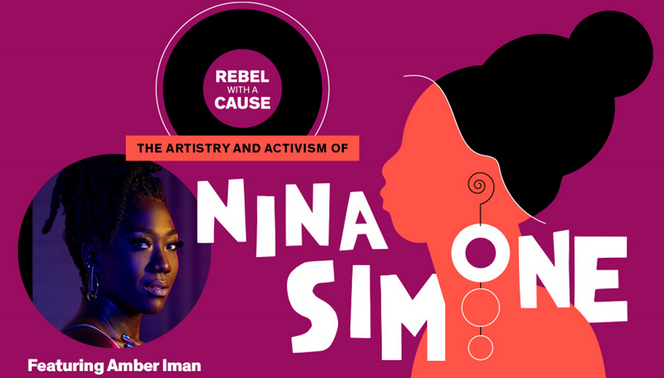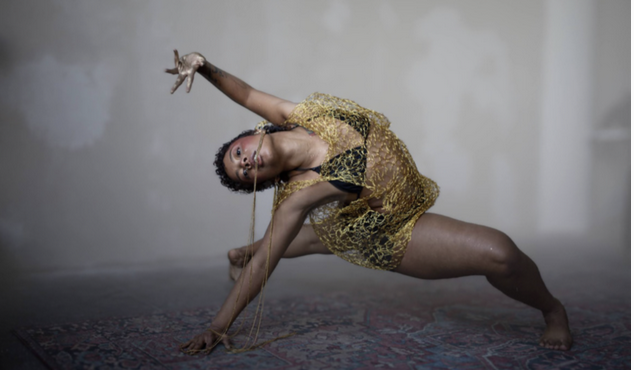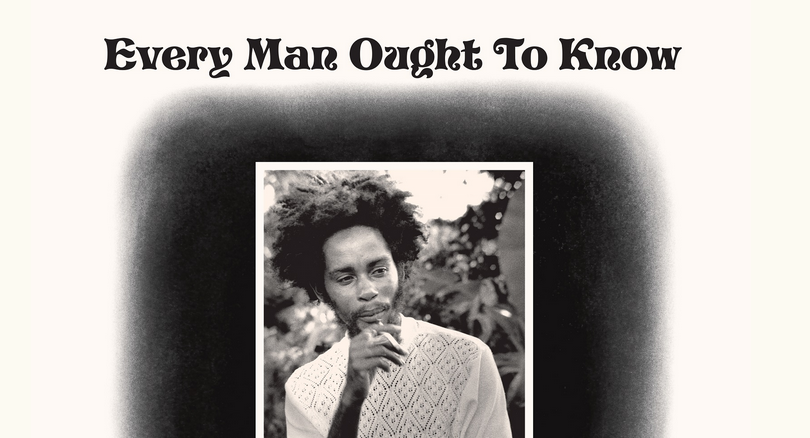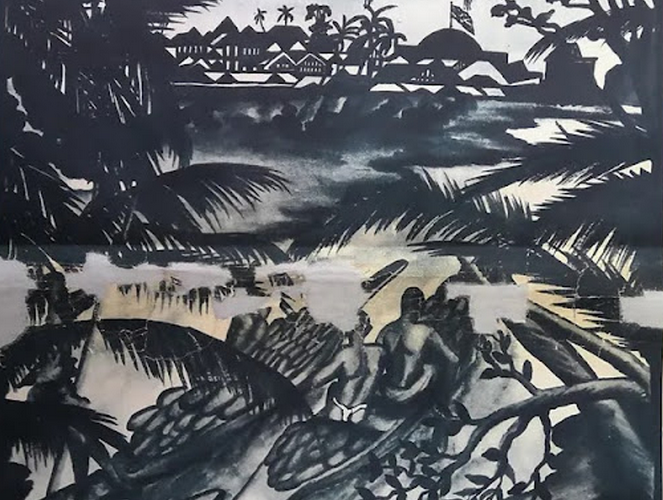Scene from the play. Photo credit: Minerva Diaz
[Theater: Play]
Exploring the wisdom of loving one’s enemies in Klan-dominated Mississippi in 1964 is the message writer J. E. Franklin imparts in her play, “Freedom Rider – A Movement Play in Two Acts,” at the Dwyer Culture Center in Harlem.
Brilliant directing from Eric Coleman and generous sponsorship from Cliff Frazier support the actors’ reach back into the lives of our unsung and our praised historic figures of the Civil Rights Movement.
Franklin’s heroine, Clarissa, is a Dr. King-like idealist who wants to register Negroes –to go by the usage of the era– to vote in Mississippi while she attempts to love vicious Klan enemies.
Clarissa’s dialogue opens with her joyously asking the Morris host family about the various home locations of her idols – James Meredith, Fanny Lou Hamer, and Emmett Till. The time period is 1964, “Freedom Summer,” when the National Association for the Advancement of Colored People (NAACP) and The Congress of Racial Equality (CORE) encourage brave workers to participate in voter education and registration.
The setting is on the porch of a courageous family. Franklin’s play comes alive with the performance of Sean Turner, playing Hank Morris, a NAACP field worker, as he protects the Freedom Riders when they listen to his advice. Malika N’zinga playfully engages her husband, Hank, with a graceful portrayal of Agnes, who assists in the birth of political change for the disenfranchised. Turner and N’zinga allow the audience to see the every day people who changed Mississippi where my own sharecropper grandparents were never permitted to vote.
Songs like “This Little Light of Mine” and Franklin’s humor shine through when one day the NAACP chapter sends two Northern white female college students to do voter registration in Harmony, Mississippi. In 1964 Southern white women are on a pedestal of purity. They, therefore, are a sacred taboo and a death sentence to any and all men of African descent. Hearing about the arrival of the newest workers, Hank shouts out his rage.
“Is he out –a his damn mind? It’s Restrictive Covenant laws down here! Where he think he at, Ethiopia? Call that fool back, and remind him,” Hank hollers to Agnes. It is too late, the rebellious White women arrive, hair flipping and flirting with dark males of all ages. One unnamed female activist has an affair with William, a Negro activist, who is also involved with Clarissa. In time the protagonist’s heart is broken, but she still resolves to register the unfortunate.
For Franklin’s characters, some merriment is just beginning. To annoy his eccentric elderly Aunt Flora, Hank directs these White radicals – Nancy and Susan – to Aunt Flora’s home, claiming he could not see their color while these women were in the car. Aunt Flora accepts these radicals, but the cultural clash between “ the well- dressed Negro” and “the let – it – all hang out whites” is too much for the Vinie’s Aunt Flora.
Aunt Flora accepts the rent, but she complains about the poor character of the two White activists under her roof: “But look like you could a –found me some higher quality White folks. These gals look like they been wild – raised and brought up in the swamps! Raggedy- ass breeches, tight at Dick’s hat – band.” Delivered with humor, we hear our own Southern aunts in Vinie’s accented wisdom. This hilarious dialogue mixes with the tension of the White women’s symbolic danger.
Although a light-hearted atmosphere is created with humorous speeches from the cast, hanging over the head of the audience is the mystery of the absent voter registration activists. James Chaney, Andrew Goodman, and Michael Schwerner are missing for 44 days, and their spirits hover over the play. Franklin manages to keep the audience laughing until the murders of these young men is announced by the ringing of a bell.
In actual history, we know that Sheriff Deputy Cecil Price had burned down a church whose members were involved with voter registration. This same sheriff arrested Chaney, Goodman, and Schwerner for a traffic violation, taking them to the Neshoba County jail. After these activists were released, a mop of Klansmen shot and killed these young men. According to the late Imamu Baraka, Chaney was beaten with a chain, and castrated. The search for and later murders of these young men was published in the international press. However, since the FBI had an informant infiltrated into the Klan, the bodies of the men were found buried in a dam.
Valiantly, Franklin’s freedom rider, Clarissa, continues the struggle, and she registers hundreds of residents. While this work is going on, a violent mob stops and stomps Clarissa. She makes it back to the Morris porch, surrounded by a loving family. On stage, we see Clarissa pull out the blood stained ballots from her waist. Our spirits soar later in the play when we hear that Clarissa makes it to the Mississippi Democratic convention where Fanny Lou Hamer, Ella Baker and the others unseat some of the Dixiecrats.
As we view the play, we cannot help but think of the thousands of African-Americans who have been brutally beaten, tortured or murdered in the last 50 years. Their names are endless, but a few come to mind as you see the play. Flashback of the videotape of the Rodney King beating, the dead hand of Elinor Bumpurs on the floor because she could not pay her rent, Amadou Diallo’s bullet holes, Abner Louima’s police tortured body, Sean Bell’s pre-wedding murder, Trayvon Martin’s death, the chokehold killing of Eric Garner, and Michael Brown’s recent execution as he was surrendering.
Franklin gives the master wordsmith, Vinie, lines to reveal Aunt Flora’s historic understanding as one who has raised many White children and she speaks to a maturing Clarissa. Aunt Flora reveals the nature of the social degenerate haters who murder.
“They ain’t got no love to give us, girl ! Now, we either gonna keep on loving them, or we can just stop! But they ain’t got no love to give us! They ain’t able! They just ain’t ! They can’t !” our heroine says.
With an understanding of Aunt Flora’s words, Franklin has young Clarissa consider staying in the South to teach children or to return to the North. What will Clarissa decide?
For information for purchasing tickets contact Minerva at (212) 222- 3060. The Dwyer Cultural Center is located at W. 123 street and 258 St. Nicholas in Harlem, N. Y. 10027.
www.Dwyercc.org
Email: [email protected]





